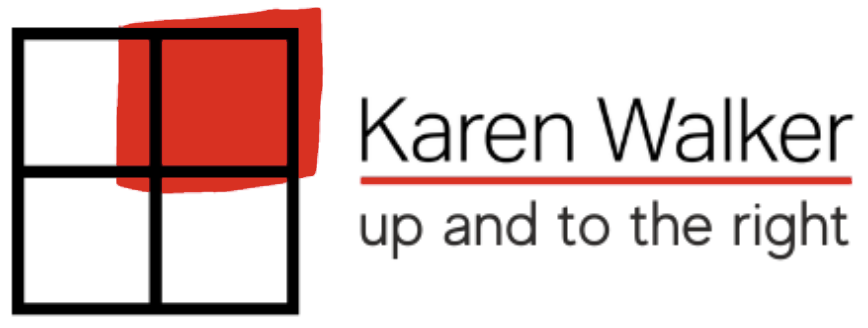Occasionally, I get a call from someone asking for specific “team building,” usually they’ve heard of results I’ve had else where, and looking for an event to fill in an afternoon at a retreat.
The call makes sense, of course, team is part of the name of my business. But my work begins with the very first question: What are your goals?
And never, not once in twenty years, have those goals been reachable with a single shot “event.” Because 6 weeks later, after reality has set back in and old behaviors have resurfaced, the effect of the event is “that was fun, but so what?”
So how do you effectively build a team? Here are the first steps:
- Be clear about the point of the team building. No one just wants a team, they want the results that a team can bring to the organization.
- Are you aligning for purpose? Setting new goals? Building informal relationships? Resolving conflict? Setting a path to grow your organzation? Your purpose will determine the approach.
- Have an experienced partner/facilitator so that you – the leader – can participate in the process. No one can do both simultaneously and be effective. Choose someone who can quickly gain credibility and results with the group – they don’t want just another afternoon of “trust falls” either.
- Create plans, including new behaviors, going forward, and commit to a way to hold yourselves accountable. Process not just content. In addition to your regular goal setting sessions, schedule a followup to ask questions such as: “What has changed? What hasn’t? Why or why not? What do we need to do now?”
Don’t have a single, stand alone event and call it team building. Effective teams are always a work in progress and retreats are simply moments of greater focus. Stand alone events can actually decrease performance when nothing changes afterwards.
Is the cost of really building a team worth it? Teams are not always the answer, but if they are – ask yourself: what’s the value of even of small incremental increase in productivity or decrease in errors due to misalignment or miscommunication? True high performing teams can increase profitably and customer satisfaction with very little increase in expenses.
p.s. If you only have an afternoon now, and if you hold yourself accountable for the follow-through, you can use those hours effectively as a shallow debrief: what’s going well? What needs to be different? What are are next steps and accountability?
